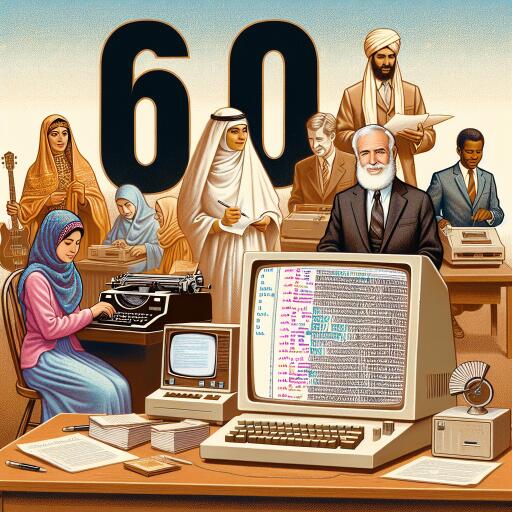The BASIC Programming Language Celebrates Its 60th Anniversary
In the early hours of a spring day in 1964, a significant yet understated revolution unfolded within the walls of Dartmouth College. This was not a revolution marked by protests or political upheaval, but rather one that would go on to redefine the landscape of computing. At precisely 4 a.m., mathematicians John G. Kemeny and Thomas E. Kurtz witnessed the fruits of their labor come to life as the first program written in BASIC – Beginner’s All-Purpose Symbolic Instruction Code – executed successfully on the school’s General Electric GE-225 mainframe computer.
This moment marked the birth of a programming language that would go on to significantly democratize the field of computing. BASIC was designed with a clear and straightforward objective: to make computer programming accessible to a broader audience, including those who did not have a strong background in mathematics or computer science.
The impact of BASIC throughout the years cannot be overstated. For many individuals over a certain age, their first foray into the world of programming began with BASIC during the era of 8-bit home computers. It served as an entry point, introducing the concepts and joys of creating with code to a diverse audience. The simplicity and accessibility of BASIC enabled countless enthusiasts to embark on a journey through the evolving landscape of programming languages, often leading to careers in software development and beyond.
Perhaps one of the most iconic lines of code, “30 GOTO 10”, has transcended its origins within the programming community to become a cultural touchpoint, recognizable even to those with a passing interest in technology. It has appeared in various popular media, including television shows, serving as a nod to the enduring legacy of BASIC.
The story of BASIC is not just about a programming language but about a movement that made computing approachable and enjoyable for many. From its inception at Dartmouth College to its integration into the fabric of technological culture, BASIC has, in many ways, achieved a form of immortality. Its influence extends far beyond the lines of code it comprises, echoing through generations of programmers whose first step into the vast world of computing was guided by its simple yet powerful syntax.
As we commemorate the 60th anniversary of BASIC, it’s clear that the language’s legacy is not merely about the technology itself but about the doors it opened and the lives it touched. Whether through a child experimenting with QBasic on an old PC or a programmer reminiscing about their initial encounter with coding, BASIC holds a special place in the hearts of many. Its contribution to making the world of computing accessible and engaging to a wide audience will forever be part of its enduring charm and significance.









